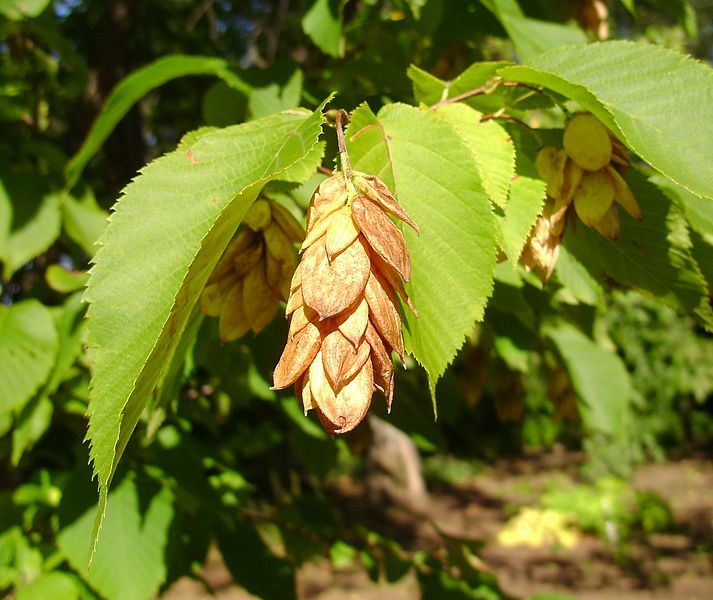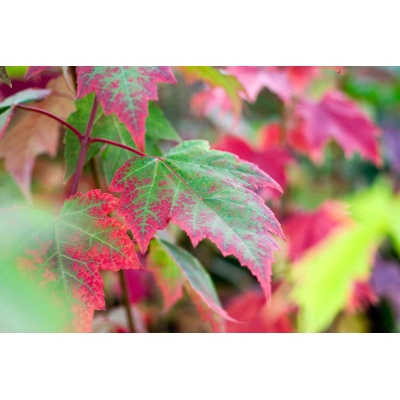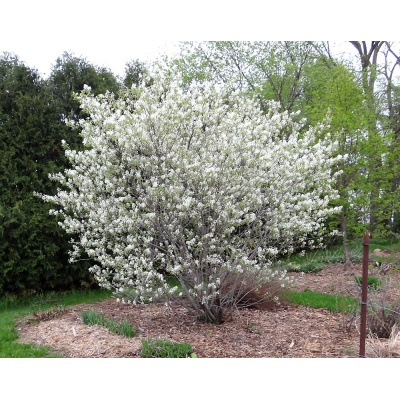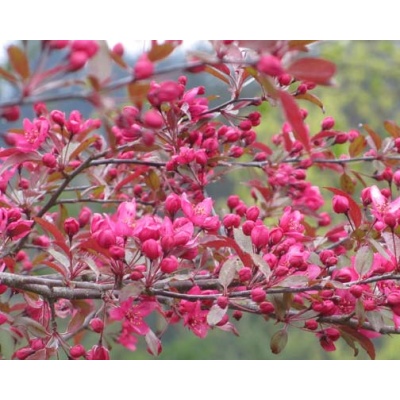Description
 Ostrya virginiana
Ostrya virginiana
Common Name: eastern hop hornbeam | Type: Tree
Family: Betulaceae | Native Range: Eastern North America, Mexico
Zone: 3 to 9 | Height: 25.00 to 40.00 feet
Spread: 20.00 to 30.00 feet | Bloom Time: April
Bloom Description: Red-brown (male); light green (female)
Sun: Full sun to part shade | Water: Medium
Maintenance: Low | Suggested Use: Shade Tree, Street Tree
Flower: Insignificant | Tolerate: Deer, Drought, Clay Soil
Culture
Easily grown in average, medium, well-drained soil in full sun to part shade.
Noteworthy Characteristics
Ostrya virginiana, commonly called American hop hornbeam, is a deciduous, Missouri native tree which usually occurs in dry soils on rocky slopes, upland woods and bluffs throughout the State. A small to medium-sized, understory tree with a generally rounded crown. Typically grows 25-40′ tall with a slightly smaller spread. Features birch-like, oval to lance-shaped, sharply-serrated, dark yellowish-green leaves (to 5″ long). Leaves turn an undistinguished yellow in autumn and often drop early. Flowers are monoecious (reddish-brown male flowers and greenish female flowers appear in separate catkins on the same tree). Flowers are not particularly showy, although the male catkins are more prominent and are present throughout winter. Female catkins are followed by drooping clusters of sac-like, seed-bearing pods which, as the common name suggests, somewhat resemble the fruit of hops. Also commonly called ironwood because of its extremely hard and dense wood.
Genus name comes from the Greek name ostrys used for this tree.
Specific epithet means of Virginia.
Problems
No serious insect or disease problems.
Garden Uses
Lawn tree, street tree or woodland garden.




Reviews
There are no reviews yet.